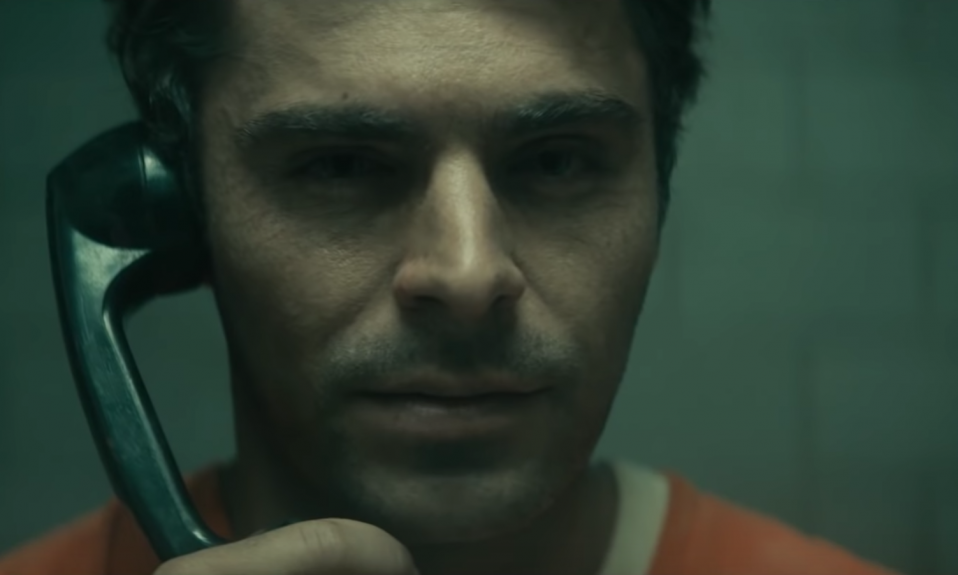The archetypal “bad boy” has been the focus of countless books, television series and films. The idea that an aloof, brooding type can be won over by the persistence of a plucky, likeable heroine is a tried and tested trope which always seems to draw in audiences. But is it the healthiest narrative for, largely female, audiences to be consuming?
This is not a new phenomenon. Frankly, bad men have been romanticised in literature for hundreds of years. Charlotte Brontë’s depiction of Mr Rochester is one of a passionate man who is “tightly and inextricably knotted” to the protagonist, Jane Eyre. Jane returns to her man after hearing his disembodied voice calling her from afar. (We’ve all used that excuse!) The fact that he had his wife locked in the attic after she had been deemed mad was quickly forgotten for the happy ending that Brontë desired! At least Jane Austen’s Mr Darcy was only emotionally stunted! The Brontë sisters seemed to love a toxic male protagonist – Wuthering Heights’ Heathcliff was a volatile, controlling and aggressive character yet became a literary heartthrob – the fact that he locked up a girl because she looked like his former obsession is often overlooked.
Speaking of people who have a ‘type’, Ted Bundy’s atrocious crimes have now become the focus of Netflix’s documentary Conversations with a Killer: The Ted Bundy Tapes as well as Joe Berlinger’s film Extremely Wicked, Shockingly Evil and Vile starring former teen, and now grown up, heart-throb Zac Efron. Many have argued that the casting of Efron is further romanticising a killer who had women defending his name in droves while he was on trial for horrific crimes against innocent girls. (For an excellent take down of Bundy I highly recommend the All Killa, No Filla podcast)
It would be comforting to think that these are just products of their historical context but unfortunately this idea that women can change fundamentally bad men has been perpetuated in the mainstream media for decades.
However easy it would be to blame Hollywood for subconsciously imbedding the idea that all bad boys can be changed with the love of a good woman, it actually seems that human psychology has a lot to do with it. A study at the University of Durham found that women were naturally more attracted to men who possessed the Dark Triad of psychopathy, narcissism and Machiavellism. Sounds dreamy! This is mainly because these men are incredibly confident, say all the right things (in the beginning, at least) and often seem like an absolute catch. And they are – in the short term. The study noted that the traits possessed by these men often link to primal mating instincts and this is why these men seem too good to be true in the first few weeks and then inevitably show that to be the case if and when things become more long term. It seems we just can’t shake those cave days of needing protection and to procreate for the survival of the species. The risk-taking, enigmatic man who seems strong and exudes sex appeal still makes us weak at the knees.
So the initial attraction to these men is explainable through science, but what about the reasons why women stay once the honeymoon period has worn off?
Unfortunately, after a certain point, women feel like they can’t leave particularly toxic relationships. This might be down to fear but, more often than not, women believe that the sweet, caring person they fell in love with will eventually reappear. Or, they think that enough love will make their significant other realise their true feelings. It is hardly surprising when film and television creates the impression that this type of rehabilitation is possible or that glaring red flags should be overlooked.
Let’s go back to 2008, I think it’s fair to say I wasn’t the only 17 year old at the time who had a crush on Twilight’s Edward Cullen; his intense stare, the insistence on ‘taking care’ of his love interest Bella and his protective nature. Looking back as an adult, it is clear to see that this “love story” was romanticising a highly obsessive relationship. The fact that the guy breaks into her house to watch her sleep is bad enough but there are also more subtle signs of abuse which are largely overlooked.
Flash forward to this year and Netflix’s binge-worthy series You has had its second series commissioned much to the delight of fans. However, there is an incredibly dark undertone to this fan base with girls wishing the protagonist, Joe, would kidnap them and saying how much they love his character. The worrying phenomenon even caught the attention of the show’s star, Penn Badgley, who took to Twitter to respond to the tweets lusting after his murderous character.
It really is frightening that women would feel that they deserve or would want an abusive relationship, particularly when femicide in the UK involving a woman being killed by a current or ex partner, accounts for 46% of female deaths. It’s a startling statistic but one that should be considered when creating and analysing characters for a mass audience.
The impact of these negative depictions is not just on women and girls. Impressionable young men could see this behaviour as acceptable or even desirable based on the reactions of female fans, thus creating the foundations for incredibly unhealthy and damaging relationships.
So maybe 2019 needs to be the year that the bad boy persona gets chucked in the bin in favour of respectful, emotionally and mentally stable male characters. Preferably ones who don’t have soundproof glass cages in their basement.











